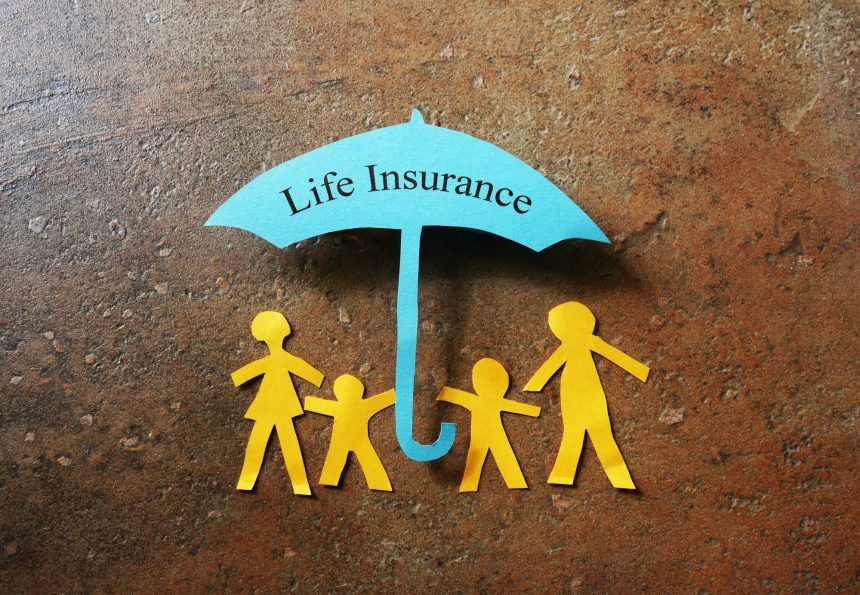Because insurance companies have unique evaluation procedures and requirements, purchasing life insurance can be difficult. Your finances may be impacted by unemployment, and your insurance application may be delayed or rejected. However, since every insurance provider adheres to their underwriting guidelines, unemployment might not necessarily be a barrier to getting the coverage you want.
Before the policy is granted, you must take several processes and costs you must pay upfront, including administrative fees for medical exams and underwriting fees. These expenses demonstrate to the insurance provider your capacity to reliably pay the monthly payment. Paying these payments also assures that the insurance is completed for jobless people and that there is no chance of a policy lapse.
Factors Impacting Life Insurance for the Unemployed
In life insurance, considerations for the unemployed population delve into unique dimensions. Two predominant insurance plan options—term life insurance and whole life plans—come into focus. Among these, term life insurance emerges as an accessible choice for the unemployed, boasting affordability and relatively lower premiums. However, securing this coverage entails closely evaluating specific factors underpinning the insurance company’s decision-making process.
1. Tenure of Unemployment
The temporal dimension of unemployment holds significant sway over insurance approvals. Individuals confronted with shorter periods of unemployment, such as temporary lay-offs, often find a smoother path to qualifying for life insurance. Those with an established work history and a steadfast intention to re-enter the workforce stand a favorable chance of having their applications greenlit. Notably, industries marked by abundant job opportunities amplify the prospects of insurance approval, lending a positive light to the application assessment.
2. Financial Reservoirs
The financial landscape of the prospective policyholder occupies a central role in the insurance adjudication process. Insurance providers meticulously scrutinize the fiscal standing of applicants, aiming to ascertain their capacity to meet premium obligations consistently. Unemployed individuals boasting a dependable revenue stream or substantial savings are in an advantageous position.
3. Recognition of Stay-at-Home Parents
Insurance companies extend their recognition beyond the traditional realms, encompassing the invaluable contributions of stay-at-home parents. Despite their absence from the conventional workforce, these individuals are considered active contributors to the household’s economic dynamics. Their role, often encompassing childcare and support for working spouses, assumes a monumental stature. Consequently, insurers view them as insurable entities. Yet, in determining the coverage quantum, the earning potential of the working partner and their existing coverage emerge as crucial factors, subtly adjusting the coverage calculus.
Key Considerations for Unemployed Individuals Seeking Life Insurance
- Financial Dependents: The primary purpose of life insurance is to offer financial security to your dependents if something happens to you. If you have a family that relies on your income, obtaining life insurance becomes even more critical during unemployment. It ensures that your loved ones are protected from potential financial hardships in your absence.
- Types of Life Insurance: There are different life insurance policies, including term and permanent life insurance. Given the temporary nature of unemployment, term life insurance might be a suitable choice. It provides coverage for a specified period, often 10, 20, or 30 years, which can align with your anticipated return to the workforce.
- Affordability: Budget constraints are common among unemployed individuals. Term life insurance policies tend to be more affordable than permanent ones, making them an attractive option for cost-effective coverage. This can provide you with the necessary protection while allowing you to manage your financial obligations.
- Policy Riders: Some insurance providers offer policy riders that allow you to customize your coverage to meet your specific needs. Riders could include options for disability coverage or premium waivers in case of unemployment. These riders enhance the flexibility of your policy, ensuring it adapts to your changing circumstances.
- Determining Coverage Amount: Calculate the coverage amount based on your dependents’ financial requirements. Consider factors such as outstanding debts, mortgage payments, education expenses, and daily living costs. This assessment ensures that your family is adequately protected in your absence.
- Health Matters: Regardless of your employment status, your health plays a significant role in obtaining life insurance. Insurance companies assess your health through medical examinations, so maintaining a healthy lifestyle can positively impact your eligibility and premium rates.
- Exploring Alternatives: If traditional life insurance is financially challenging, explore alternative options. Group life insurance through professional associations, unions, or other affiliations could offer more accessible coverage. These group policies might have more lenient underwriting criteria and could be a temporary solution during your unemployment phase.
Conclusion
Securing life insurance during unemployment requires a delicate equilibrium between financial concerns and the well-being of your dependents. While obstacles may arise, they can be overcome. By understanding the insurance realm deeply, examining policy options that align with your circumstances, and factoring in your family’s financial needs, you can make prudent decisions that offer reassurance in times of ambiguity. Keep in mind that every insurer has its distinctive approach. For personalized guidance, consider seeking advice from experts or agents, including those affiliated with Aditya Birla Life Insurance, to identify the optimal solution for your unique situation.













